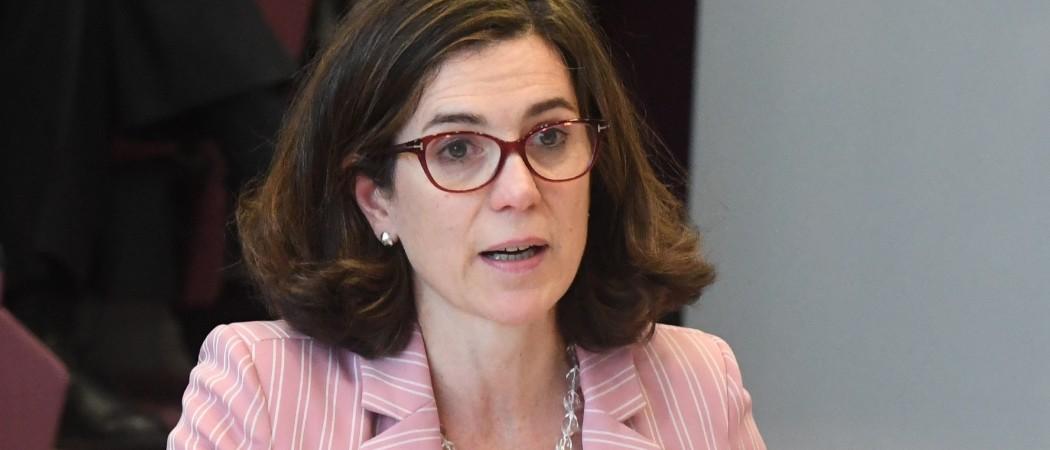In the midst of sky high geopolitical tensions, the Commission is lining up a new agenda to consolidate the bloc’s approach to using science to build stronger ties around the world

Maria-Cristina Russo, the European Commission's director for international cooperation in research and innovation. Photo: Mauro Bottaro / EC - Audiovisual Service
The EU is working on defining a new agenda for science diplomacy in the face of increasing geopolitical instability on the continent.
“We are now accelerating the work on science diplomacy, this is true, with the ambition of having a science diplomacy agenda developed with the member states and EU institutions,” Maria Cristina Russo, European Commission's director for international cooperation in research and innovation, said during an event today in Prague, organised by the grass roots research association Euroscience.
The timeline for the agenda is yet to be announced, but Russo said the Commission will “develop our ideas” in an upcoming report on the implementation of the EU’s new ‘global approach’ strategy on international collaboration, announced in 2021. The report is due in the first quarter of next year, and will be then discussed with ministers in a debate held under the Spanish presidency of the EU in the second half of 2023.
A steering group of Commission staff and EU delegations is already guiding the work. In spring, the Commission’s research directorate also recruited Jan Marco Müller from the EU diplomatic service to coordinate science diplomacy and multilateral relations questions.
Science diplomacy is growing in importance as the bloc pins its ambitions in tackling major global challenges, such as climate change, on scientific advances. It is seen as a way to collaborate with countries around the world to address common problems, and to promote so-called European values.
The plans for a dedicated strategy are not new. They are part of the EU’s work on developing a single market for research, the European Research Area, and pact that governs it.
But the status quo has changed this year, with geopolitical tensions rising high, as Russia’s full-scale invasion in Ukraine approaches its eleventh month. “There is not need to say how the international situation, the evolutions we’ve seen in the world, demand the pooling of all the tools that we have in order to be able to have more impact at a global level, to be stronger in our actions,” said Russo.
She noted the EU is not starting from scratch. The Commission introduced a global approach strategy for research in 2021, which has been put into action in coordinate the response to the war in Ukraine. In the very first days of the war, the Commission closed the doors to scientific cooperation for Russian state entities, while giving Ukrainian researchers as many means as possible to collaborate with counterparts in the EU.
“Science diplomacy is at the core of this strategy,” said Russo. “The bulk of this new strategy on the global approach is that we want to use research and innovation as a mean to promote our values and principles in international cooperation.”
The strategy also contains rules on how to work with other countries. While cooperation with so-called like-minded partners is welcome, the EU is careful about allowing competitors and hostile countries into more sensitive or market-oriented projects.
Of the first set of calls under the EU’s Horizon Europe research programme, around 50 were closed to most countries around the world. In the new set of calls for 2023 - 2024, the Commission is specifically barring Chinese entities from any innovation-related activities. All this is allowed under new rules governing the EU’s €95.5 billion research fund. “This is exactly the global approach in motion,” said Russo.
The new direction is the culmination of decades of work. The Commission first mentioned science diplomacy as a pillar of its research programmes back in 2012, building on top of bilateral science and technology agreements with third countries signed over the last 25 years. These agreements, Russo noted, were an “an embryo of science diplomacy” used to build stronger ties.





 A unique international forum for public research organisations and companies to connect their external engagement with strategic interests around their R&D system.
A unique international forum for public research organisations and companies to connect their external engagement with strategic interests around their R&D system.